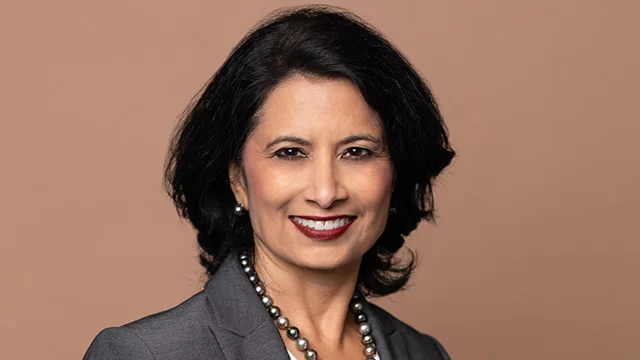The University of Houston is offering a micro-credential course titled "AI & Robotics for Energy Integrity" from March 22 - April 12, 2024. This course aims to equip engineers, technicians, and industry professionals with advanced knowledge in the fields of robotics and artificial intelligence (AI) for energy infrastructure maintenance.
The integration of AI and robotics into energy infrastructure operations and maintenance is increasingly being adopted by industries. By incorporating robotics into inspection processes, data collection efficiency and strategic decision-making are significantly enhanced. Manual inspection of large and often unsafe areas is time-consuming, expensive, and unreliable. AI-powered robots, equipped with special sensors, can navigate energy sites tirelessly to gather data. This data is then processed using AI methods to identify any unusual situations that require human attention. This collaborative effort between AI, robots, and skilled human operators ensures a thorough and efficient management of energy assets.
Recognizing the growing demand for professionals who understand AI and robotics, the University of Houston designed this course to empower participants with essential skills. Vedhus Hoskere, assistant professor at the UH Cullen College of Engineering, will be teaching the module titled "Computer Vision and Deep Learning for Inspections." Hoskere, who was recently awarded a grant for a project exploring the use of technology like drones, cameras, sensors, and AI in gathering data about bridges, emphasizes the importance of upskilling and knowledge gained from this course in accelerating the adoption of AI and robotics in energy infrastructure systems.
The course covers various topics, including efficiency through robotics, data analysis and management, and revolutionizing inspection methodologies. Participants will gain valuable insights into integrating robotics into inspection processes, analyzing extensive data using AI, and streamlining inspection methodologies through the synergistic use of robots and AI. The curriculum also includes hands-on experience in machine learning for non-destructive testing, deep learning for vision-based analysis of inspection data, and photogrammetry for rapid 3D reconstruction.
The course offers a unique opportunity for participants to gain practical experience and demonstration of cutting-edge AI and robotics technologies. By blending theoretical knowledge with practical applications, the course aims to empower participants to evaluate and adopt advanced technologies to address real-world challenges in asset management.
In addition to Vedhus Hoskere, other renowned academic and industry experts will be teaching sessions in this course. Kimberley Hayes, founder of Valkim Technologies, will provide an overview of AI applications, standards, and certification. Gangbing Song, Moores Professor of Mechanical Engineering at UH, will focus on the machine learning component, while Pete Peterson, head of product management and marketing with XaaS Lab, will discuss the current applications of computer vision technology in the oil and gas industry. Matthew Alberts, head of project management with Future Technologies Venture Venture, LLC, will cover integration topics, and Suchet Bargoti, chief technology officer at Abyss Solutions, will present insights on using AI and robots for integrity management.
The course combines synchronous online lectures and in-person hands-on demonstrations. The full price for the course is $1,400, with the option to register independently for the online Zoom sessions at $800 per person for those unable to attend in-person. Discounts are available for early registration, and professional development hours and continuing education units are offered.
This course is funded by the U.S. Department of the Treasury through the State of Texas with funding under the Resources and Ecosystems Sustainability, Tourist Opportunities and Revived Economies of the Gulf Coast States Act of 2012 (RESTORE Act). To learn more about the course and to register, interested individuals can visit the University of Houston's website.

